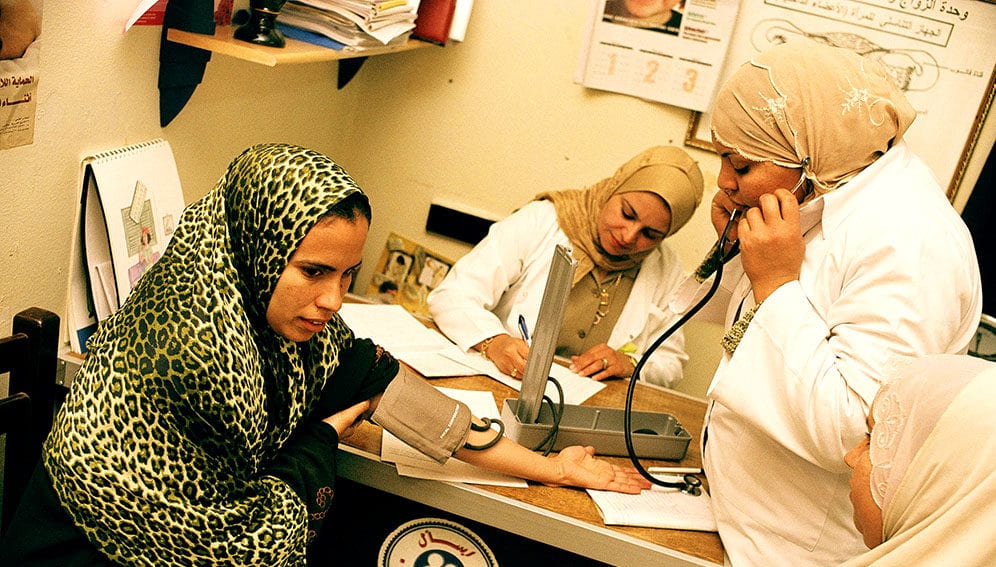By: Hazem Badr
Send to a friend
The details you provide on this page will not be used to send unsolicited email, and will not be sold to a 3rd party. See privacy policy.
[Cairo] Egypt’s president Abdel Fattah El-Sisi has declined to sign the country’s clinical trials law into action, after objecting to parts that, he said, might violate the human body.
According to researchers following the law’s creation, Sisi returned seven amendments to the law, which could delay its creation. For example, articles 28, 29 and 32 of the law have been amended to reduce the severity of proposed prison terms for misconduct, such as using human samples without informed consent.
But the scientists following the law’s creation are positive about the president’s response, saying that his amendments show he is engaging with the matter and keen to see the law signed into life. “The president’s comments address the complex equation of respecting the sacredness of the human body and, at the same time, endorsing scientific research,” said Mahmoud Sakr, the director of Egypt’s Academy of Scientific Research and Technology.
“The text [as it stands] contradicts our goal of motivating universities to pursue joint research and hinders the exploration of samples using advanced equipment that might not be available locally,”
Abdel Fattah El-Sisi, Egypt’s president
Sakr added that the original draft treated all kinds of scientific misconduct equally, and had failed to take into account different aspects of the process. “This might consequently render scientists fearful off seeing their research through,” he told SciDev.Net.
In his comments, Sisi amended article 25, which covers taking human samples abroad for clinical research. He said this needed to be made easier, as Egypt, with 10 million of its people already living abroad, had nothing to lose from exporting such samples. “The text [as it stands] contradicts our goal of motivating universities to pursue joint research and hinders the exploration of samples using advanced equipment that might not be available locally,” he said.
Salah Obaya, the director of Egypt’s Center for Photonics and Smart Materials said the president had tried to provide a balanced view when drafting the article. He said that, along with better regulation on using and exporting human samples for clinical trials, Egypt also needed better monitoring of such activities.
If the rules are clear, Obaya said, then punishments for conduct that could be considered purely a scientific misdemeanour should be disciplinary action, not imprisonment. “The current wording deals with researchers like criminals,” he said.
Saeed Shalaby, a professor of medical science at Egypt’s National Research Centre, agreed that the proposed law was too harsh. He said that security authorities should find a way of supporting the granting of approvals, so potentially illegal removal of samples would be prevented from the start.
“Researchers do not have security awareness,” he said. “Therefore, they might engage in such malicious activitiy without knowing they are doing it.”
Article 8 in the law proposes the creation of a Higher Council of Medical and Clinical Research, by decree from the prime minister. This council would include three representatives from the ministry of health, one each from the defence and interior ministries and a representative from Egypt’s intelligence services and the state council president. A further five seats are proposed to represent universities, teaching staff and research institutes.
However, Obaya said that this format was too heavily weighted towards the state and proposed to creation of a higher education committee that would oversee the approval of medical research projects and clinical trials in universities. The council’s responsibility should be to draft laws and regulations under which this committee would work, he said.
“That way, we will ensure the representation of every university, because having only one entity [to oversee everything] will be an unprecedented burden that could hinder research proceedings,” he said.
This piece was produced by SciDev.Net’s Middle East & North Africa desk.














